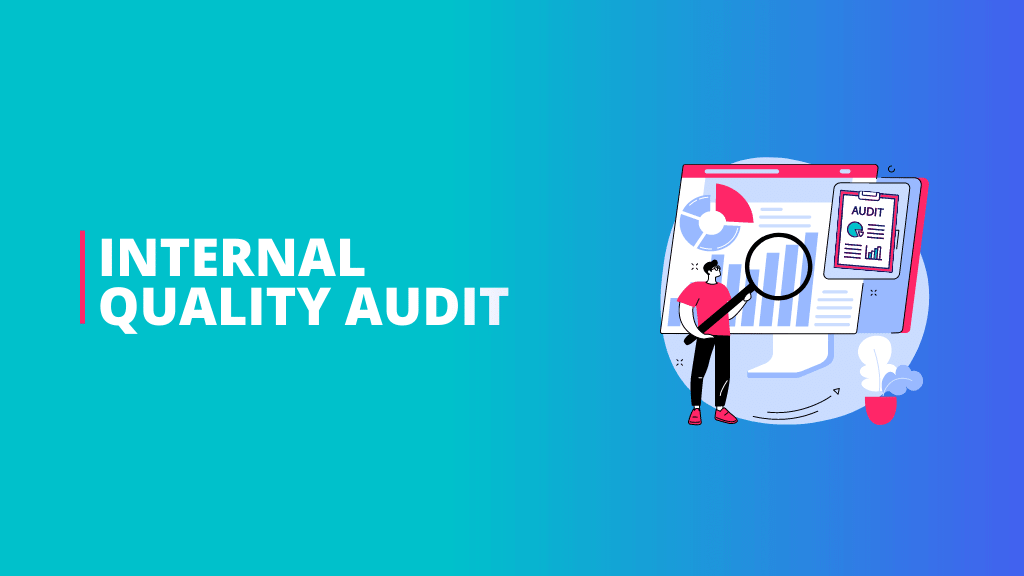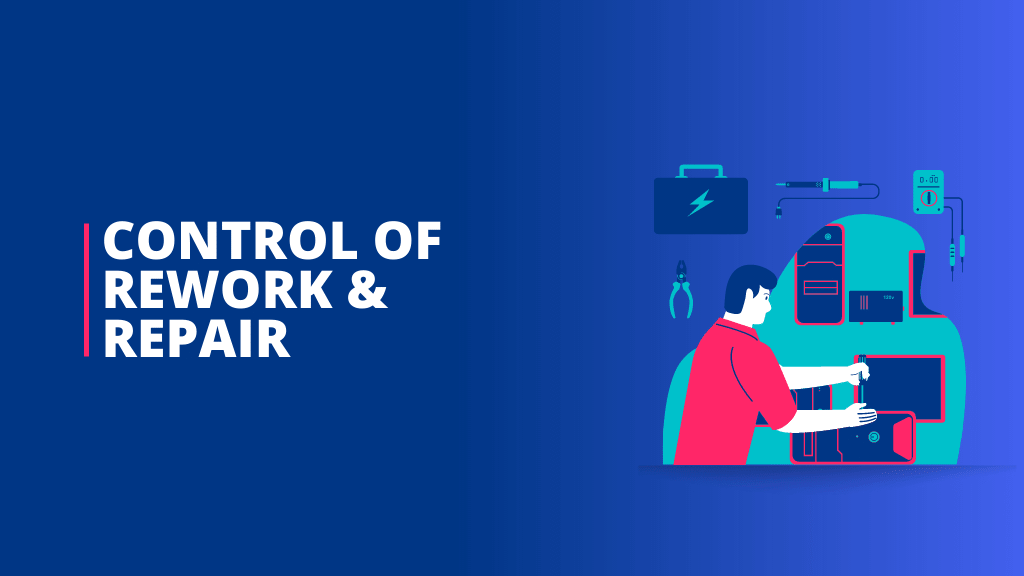You already go through the post Corrective Action Procedure. Also, the terms CORRECTIVE ACTION and PREVENTIVE ACTION have always been used for improvement purposes. So, here we look into the detailed Preventive action procedure.
Preventive action is always taken into account when we need to take action on potential problems.
The potential problem can be a form of a Customer complaint, Internal rejection, defects, Audit non-conformity or process issue, etc.
Let’s have a look into the detailed procedure,
Preventive Action Process Flow

Preventive action procedure Explain
Let’s discuss all processes in detail,
1. Identify the Potential Problem & area where Preventive Action Required
Potential problem identification is the first step to starting preventive action implementation.
The potential problem identification can be made using many media. Such as from customer complaints you will get the problem or issue faced by customers.
2. Form a Team
Once you identify the potential problem, to resolve you need to form a team. The team includes all responsible functions. We can call it a Cross-functional Team or Multi-Disciplinary Team.
3. Find out the root cause
The CFT team is responsible for identifying the potential causes of the problem occurrence.
You can use the Cause-and-effect diagram to identify the potential causes using the brainstorming method.

From all these causes you need to identify the possible causes and using root cause analysis you will find the exact Root Cause of the problem.
4. Prepare & Implement Preventive Action Plan
After getting the root cause next step is to find a solution.
Preventive action should be taken to eliminate the root cause of the problem. Preventive action will be planned and implemented to avoid the occurrence of the problem.
5. Assign to an Individual
Assign the Preventive action plan to the individual / respective team to complete within the timeline.
6. Verification of Preventive Action
After the implementation of the Preventive action, we need to verify the action. It means is it effectively implemented and what is the result after Preventive action is taken.
7. Is PA Effective?
There is a decision after verification of Preventive action. The decision is either the action is effective OR the action is not effective.
The next step depends on this decision.
Is PA Effective: No, Then you need to go back to step 4 to find out another Preventive action.
Is PA Effective: Yes, Then will initiate the next step
8. Update Records as applicable
If the Preventive action is effective and the problem will not occur, then update the records.
Update records mean it needs to update these action-related points in the standards.
The records can be a control plan, FMEA, work instruction and forms or format or daily monitoring reports, etc.
These steps will ensure that we standardize our system to take care of the problem in the future.
9. Closeout PAR
In this step close the Preventive Action Report, as we have successfully identified the root cause and taken Preventive action and it is effective enough to the occurrence of the problem.
10. If required Apply for Similar Products
It is important to implement the same action for similar products or processes. Because the same problem can happen for other similar products.
It is the proactive approach that we do the horizontal deployment of actions.
Preventive action procedure pdf
Conclusion
Potential problem identification is done through customer complaints, audit non-conformity, management review, process monitoring, and measure, etc. Then Form the team, next is to find out the root cause. Take the appropriate Preventive action. Effectiveness must be checked so that our Preventive action is effective or not. Update all standards and records for the sustenance of action. Submit reports to customers if applicable. Then implement the same action to a similar product as a proactive approach to avoid failure in other products.
Please write us at “admin@qualityengineerstuff.com” for any special topic post as per your requirement.






